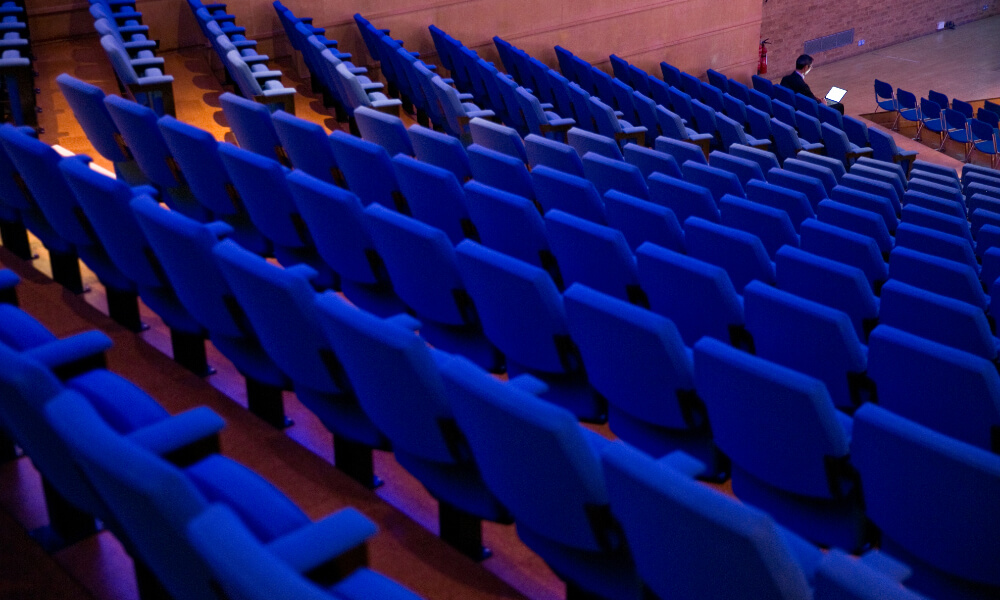There are many opportunities across the University of Cambridge to provide you with skills that will make you a better researcher now, aid you in the completion of your degree and help you make the most of other training opportunities in the future. You can find an overview of available training opportunities
here. More specific information for postgraduate students can be found below.
Researcher Development (RD) encompasses all of the learning and development that you might wish to experience and acquire during your time in Cambridge. It is needed to provide you with the skills and experiences that you need both today and for the future, whatever that might be.
- Personal Skills (e.g. leadership and resilience)
- Professional Skills (e.g. presentation skills and time management)
- Career-related Skills (e.g. writing CVs and interview technique)
- Academic Skills (e.g. paper writing and teaching)
- Entrepreneurial Skills (e.g. commercial awareness and innovation)
The structure for your RD is provided by the Cambridge Researcher Development Framework. This tells you about the competencies you need to gain to meet the goal of becoming a professional researcher.
Within Cambridge there are many providers of RD activities. The central provision is provided by the Postgraduate Researcher Development Team and the Postgraduate School of Life Sciences (PSLS) offer a range of activities and are often more specific to Life Sciences. Training is also available from the University Information Services, University Libraries and the Careers’ Service that can explored using their websites and the University of Cambridge Training Booking System.
Inkpath is your one-stop-shop for managing your professional development. When you sign up for a Cambridge account you will be asked to complete a Skills Analysis based on the CamRDF, and will then be able to browse development opportunities by skill type, set goals for yourself, write notes on the courses you attend and even add your own activities.


